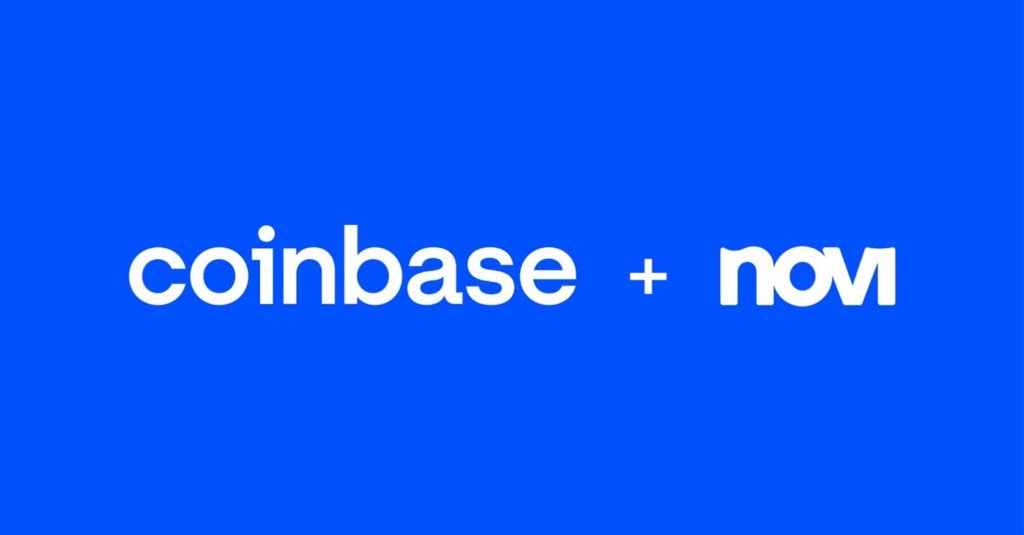Facebook is partnering with Coinbase in an effort to create a new digital wallet that will allow users to send money internationally without any retention.
Facebook's Novi service, which has been running for many years, will be piloted in the US and Guatemala. according to Facebook. Novi is available to anyone in the US except those living in Alaska, Nevada, New York and the US Virgin Islands.

The tool επιτρέπει στους χρήστες να στέλνουν USDP – ένα σταθερό Bitcoin που συνδέεται με την τιμή του δολαρίου των ΗΠΑ – το οποίο στη συνέχεια θα μπορεί να εξαργυρωθεί σε τοπικό currency. USDP is one of several cryptocurrencies pegged to the US dollar.
In one suspension Coinbase explains that it provides Novi with its proprietary, fully stored cold storage capacity for managing private keys called Coinbase Custody.
"Coinbase Custody is a leading cryptocurrency platform and custodian that securely manages $ 180 billion on its platform. For the past nine years, Coinbase has developed in-depth know-how into secure and scalable cryptographic infrastructures, which we originally created to power our own applications.
David Marcus, head of Novi's division, said the digital wallet was intended to help 1,7 billion people worldwide who do not have bank accounts but have access to a smartphone.
“We chose USDP so that we can test a stable Bitcoin that has been working successfully for over three years and has important features protectionof consumers," says Marcus.
Η application is already available in the Google and Apple app stores. Users can register for the Novi service using their ID.





